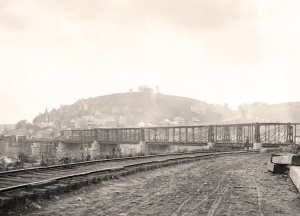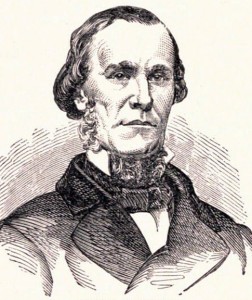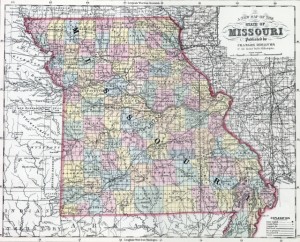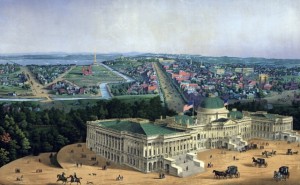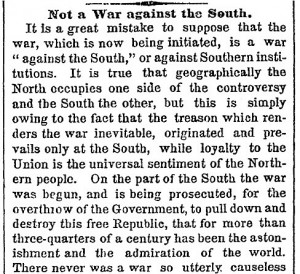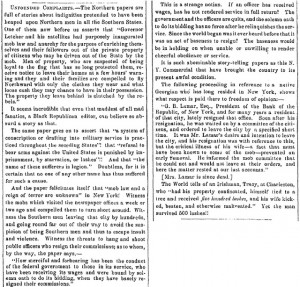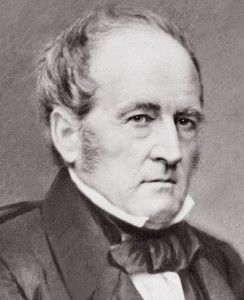One hundred fifty years ago today the New York Times reported that Confederate forces had retreated from Harpers Ferry to Manassas, Virginia. Harpers Ferry, which was home to a federal arsenal and the target of abolitionist John Brown’s raid in October 1859, “[was] not a position to hold against a powerful enemy.” Instead, as the New York Times explained, the location was “an admirable trap into which one may be decoyed to be annihilated.” The New York Times speculated that the Confederates had left only “long enough to see the approaching army of the West fairly caged, and then, reoccupying the surrounding heights, have every advantage in the work of slaughter.” As the Confederates retreated, they also destroyed bridges and buildings. The New York Times reflected on what those actions meant in terms of the differences between the Confederate and Union armies:
[Confederates] destroy bridges, tear up railroads, overthrow canal dams, and mark their retreat by so many wanton acts of the same character, that the idea of their being acts purely protective and defensive is inadmissible. The Northern troops, on the contrary, bring order, skill and civilization with them. It is for them to relay the displaced tracks, repair the disabled engines, rebuild the burnt bridges, erect the overthrown workshops, restore the damaged canals ; in short, to replace the malicious mischief of an enraged barbarism, with the splendid resources of civilization.
You can learn more about Harpers Ferry in Chester G. Hearn’s Six Years of Hell: Harpers Ferry During the Civil War (1999) and Dolly Nasby’s Harpers Ferry (2004).
